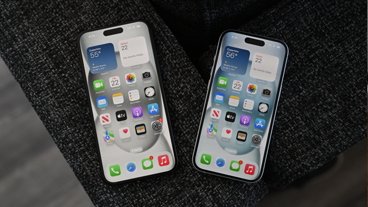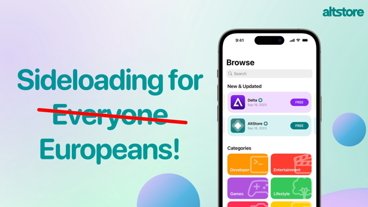Appeals court rejects $310 million iPhone battery throttling settlement
A federal appeals court has ruled that Apple's settlement offer of $310 million to users over iPhone "batterygate" has to be rejected and reconsidered because of a legal mistake in the lower courts.
In 2020, US District Court Judge Edward J. Davila approved Apple's offer to settle a class action suit regarding its controversial battery slowdown. Users in 2017 had discovered that the then-new iOS 10 intentionally reduced, or throttled, the speed of iPhones including the iPhone 6, iPhone 6 Plus, iPhone 6s, iPhone 6s Plus, iPhone 7, iPhone 7 Plus and original iPhone SE.
Apple refuted an allegation that it was slowing down older phones in order to get people to upgrade. The company said that slowing these phones down extended their useful life.
However, Apple had not explained this before issuing the throttling. It later apologized for this, and cut out-of-warranty battery replacement $79 to $29, for a limited period.
The subsequent court cases covered the issues of how many people were affected and to what degree, but ultimately Apple offered a settlement that court then approved. However, the that ruling was appealed by 144 members of the suit.
They objected to how the court approved $80.6 million to cover both attorney fees, and to pay "service awards to the named plaintiffs."
Now according to Bloomberg Law, the US Court of Appeals for the Ninth Circuit have vacated the lower court's approval. It rejected the settlement offer, however, not on any issues over its appropriate nature.
Instead it was vacated solely and specifically because the lower court used the wrong legal standard in its ruling.
"The district court properly resolved most of the objections at issue on appeal," wrote Judge Jacqueline H. Nguyen in her filing. "However, in finding the settlement fair, reasonable, and adequate, the district court committed legal error."
"While we commend the district court's thoughtful and thorough analysis, which suggests that the court took great care in considering the terms of the settlement," she continued, "its written order explicitly states that the court applied a presumption that the settlement was fair and reasonable."
"Because the district court applied the wrong legal standard when reviewing the settlement's fairness," concluded Judge Nguyen, "we vacate the orders granting final settlement approval and awarding fees, expenses, and incentive awards, and we remand for application of the correct standard."
The district court will now presumably proceed to reissuing its approval, citing the correct legal standards. However, no further details or dates have been issued.
Separately, Apple was correct in what it claimed about how slowing down the iPhone helped with preserving the overall life of a battery. For a primer on how battery technology works, see AppleInsider's in-depth look at the science of batteries.
 William Gallagher
William Gallagher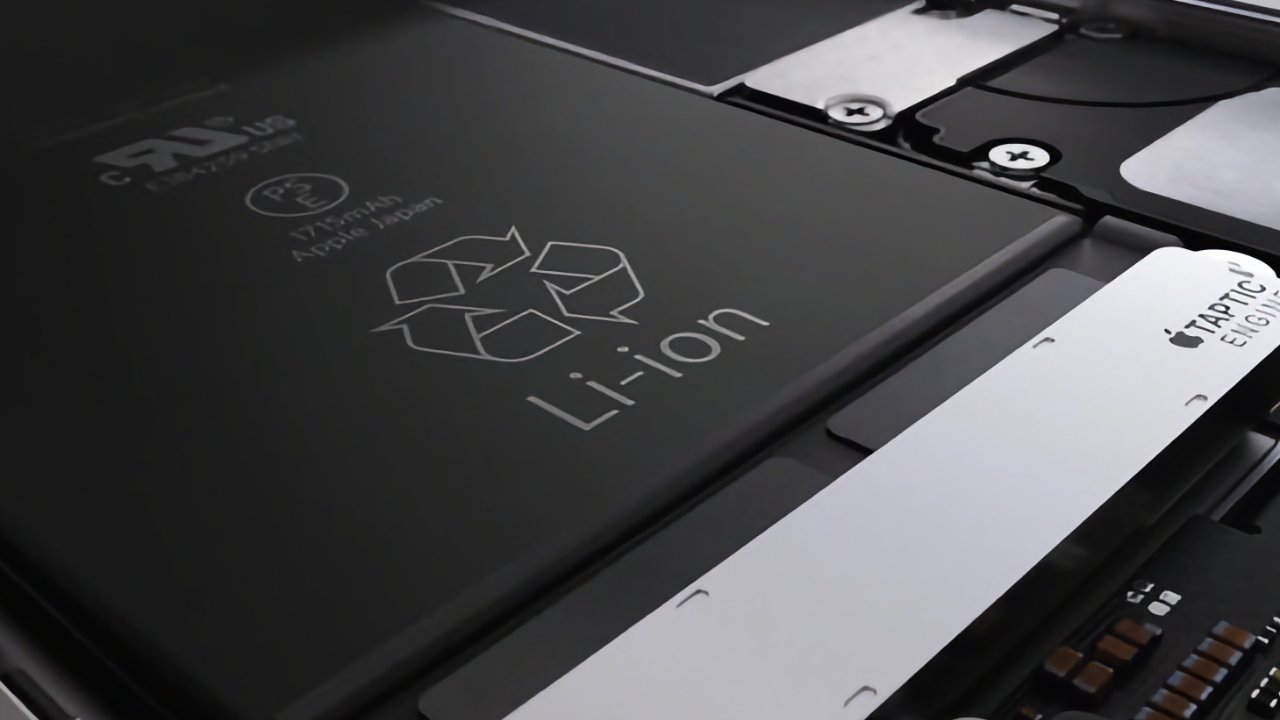










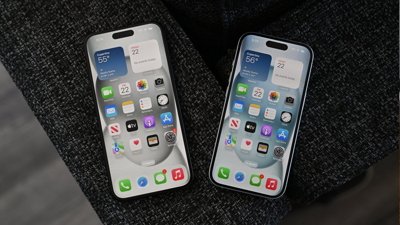
 Malcolm Owen
Malcolm Owen
 Amber Neely
Amber Neely
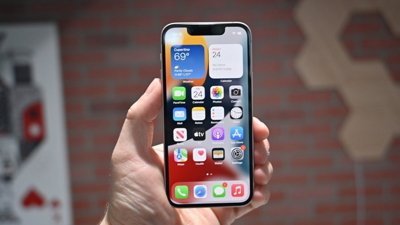
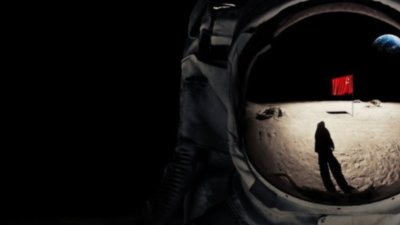

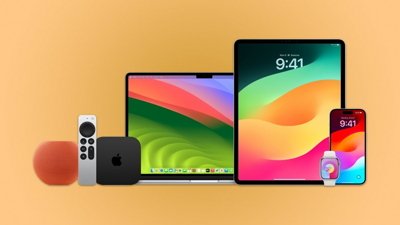
 Andrew Orr
Andrew Orr
 Christine McKee
Christine McKee